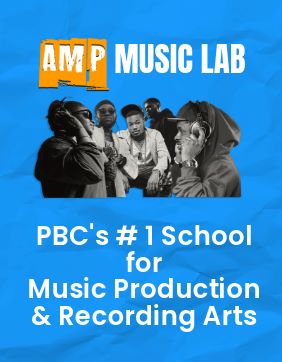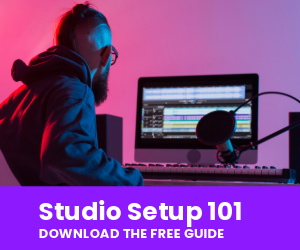
When songwriters first encounter the concept of copyright, their immediate reaction is often to think, “I need to protect my work so no one steals my music.” However, I’d stress that copyright infringement is more of a “rich-man’s game,” similar to commercial real estate. Instead, I encourage you to focus on understanding copyright for the future purpose of licensing your music to other artists or for use in TV and film through sync and master use licensing. (More on that in another post on this blog.) For now, let’s break down music copyright and the “two sides.”
Details














